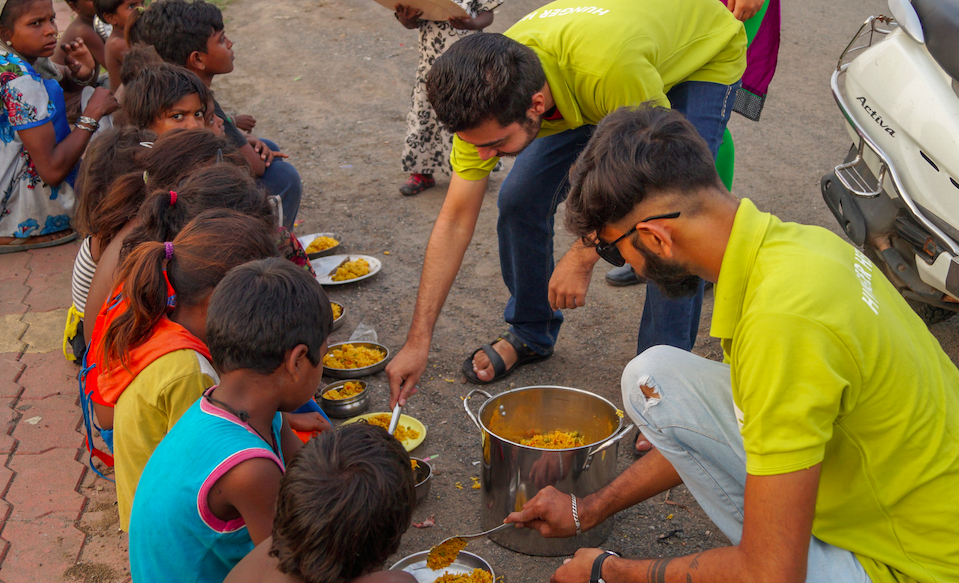
The term blood donation itself comprehensive term, so no need for any particular definition to explain the meaning and importance of donation at the worldwide level.
There are four components of blood that perform different works –
- Plasma – About 55% of the body’s blood volume and transport nutrition, hormones, and proteins.
- Red Blood Cells – About 40 to 45% of the body’s blood volume, carry fresh oxygen and remove carbon dioxide.
- White Blood Cells – Less than 1% of the body’s blood volume, part of the body’s immune system, detect and fight viruses and bacteria.
- Platelets – Less than 1% of the body’s blood volume, and form clots to stop bleeding.
Some Myths that keep one from donating blood –
* It causes fatigue
Reality – Donors are given refreshments soon after by the blood donation camps. One can resume work after one or two hours.
According to the World Health Organization recommendation, a blood requirement of 1% of a country’s population be used as an estimate of its blood needs, by this measure, India was short of 1.9 million units of blood as per data which was presented to the Lok Sabha in 2018.
Every year almost 13.4 million units of blood are required, but as per 2017-18 data, only 11.45 million units were collected from blood donation camps.
* It reduces blood in the body
Reality – Around one pint (1 pint = 473 ml) is taken. An adult has 8 to 12 pints of blood.
Blood Donation Benefits
1 pint of blood can save 3 lives
Some most deadly blood disorders like Thalassemia, anemia and plastic anemia, and many more.
Keeping all the facts in the mind we have to organize the campaign to spread awareness among the people to donate blood and save lakhs of lives on a yearly basis.
You can search online for ‘Blood Donation Near Me’ to donate blood at blood donation camps. There are also some paid blood donations camps which are available in many hospitals.
Blood donations camps organizes Plasma blood donation facilities for the donors.
Why it’s done
You agree to have blood drawn so that it can be given to someone who needs a blood transfusion.
Millions of people need blood transfusions each year. Some may need blood during surgery. Others depend on it after an accident or because they have a disease that requires certain parts of blood. Blood donation makes all of this possible. There is no substitute for human blood — all transfusions use blood from a donor.
Click Here For Register as a Donor
Risks
Blood donation is safe. New, sterile disposable equipment is used for each donor, so there’s no risk of getting a blood borne infection by donating blood.
Most healthy adults can donate a pint (about half a litter) safely, without health risks. Within a few days of a blood donation, your body replaces the lost fluids. And after two weeks, your body replaces the lost red blood cells.
How you prepare
Eligibility requirements
To be eligible to donate whole blood, plasma, or platelets, you must be:
- In good health.
- At least 16 or 17 years old, depending on the law in your state. Some states allow legal minors to donate with parental permission. While there’s no legal upper age limit, policies may vary between individual donor centers.
- At least 110 pounds (about 50 kilograms).
- Able to pass the physical and health-history assessments.
Eligibility requirements differ slightly among different types of blood donation.
Food and medications
Some do’s and dont’s before your blood donation:
- Get plenty of sleep the night before you plan to donate.
- Eat a healthy meal before your donation. Avoid fatty foods, such as a hamburger, fries, or ice cream.
- Drink plenty of water before the donation.
- Check to see if any medications you are taking or recently took would prevent you from donating. For example, if you are a platelet donor, you must not take aspirin for two days prior to donating. Talk to your healthcare provider before you stop taking any medications.
- Wear a shirt with sleeves that can be rolled up.
For more related topics, Please visit https://samajikbadlav.com/blog/


